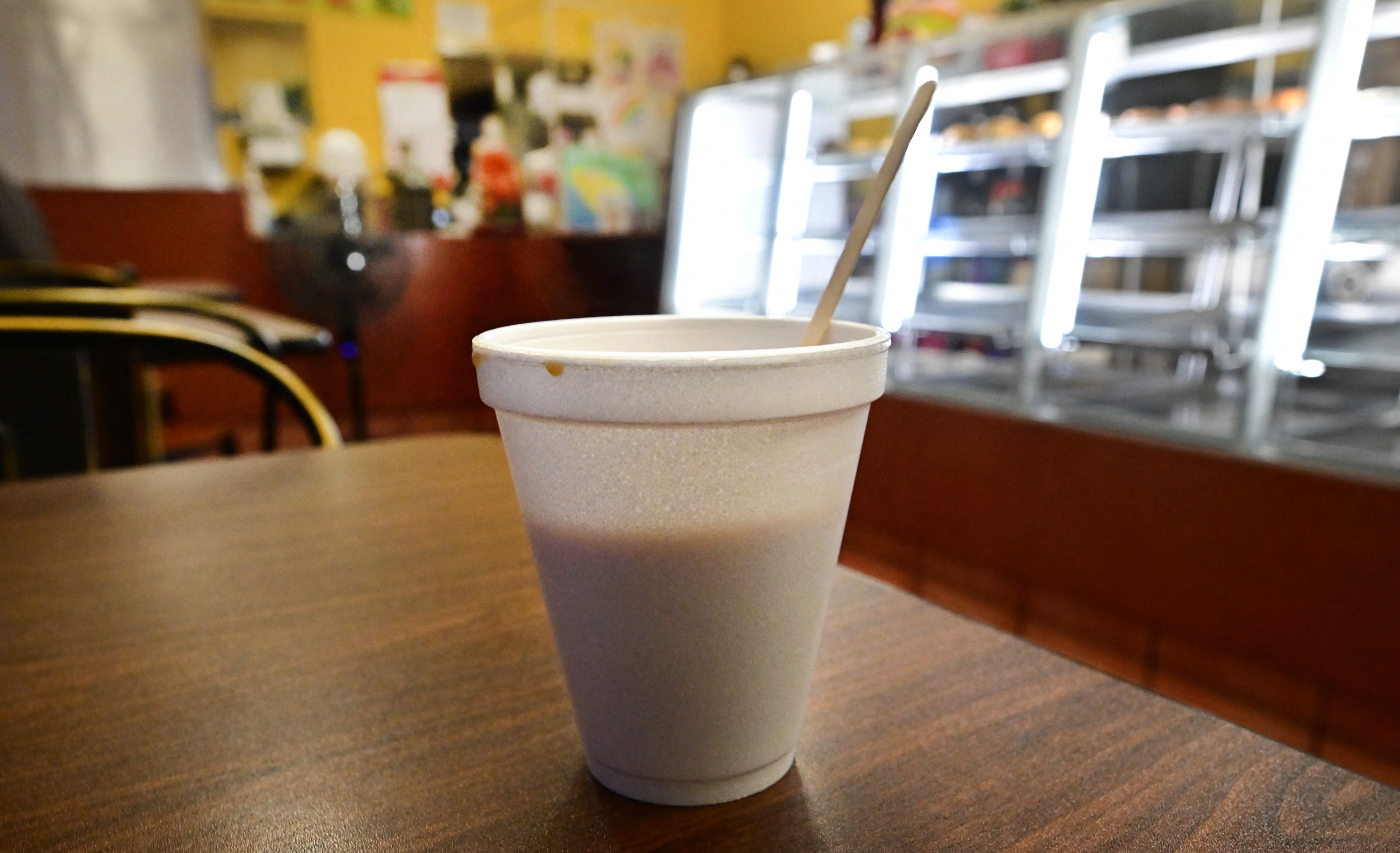
California, the world's fifth-largest economy, is set to implement a significant ban on most expanded plastic foam food containers starting January 1, 2025. This legislation, part of California's SB 54 law, aims to reduce single-use plastics by 25% within a decade. Conservationists estimate that the ban could eliminate up to 3.9 billion foam items annually, addressing the environmental impact of foam waste, which is notoriously difficult to recycle—less than 1% of polystyrene foam is processed [8d674363].
Anja Brandon from Ocean Conservancy emphasized the urgent need for such measures, highlighting the detrimental effects of foam waste on marine environments. The law is expected to drive industry shifts towards more sustainable alternatives, with companies like Dart Container already reducing their operations in California in response to the new regulations [8d674363].
This move aligns with a broader global trend toward reducing plastic pollution. The UN is currently negotiating a global treaty on plastic waste, with further discussions scheduled for 2025, reflecting a growing international commitment to tackle the plastic crisis [8d674363].
Maryland's previous ban on polystyrene foam containers serves as a precedent, leading to a reported 65% reduction in foam waste collected [8d674363]. As California prepares for this transition, it sets a powerful example for other states and nations considering similar measures to combat plastic pollution and promote sustainability [8d674363].